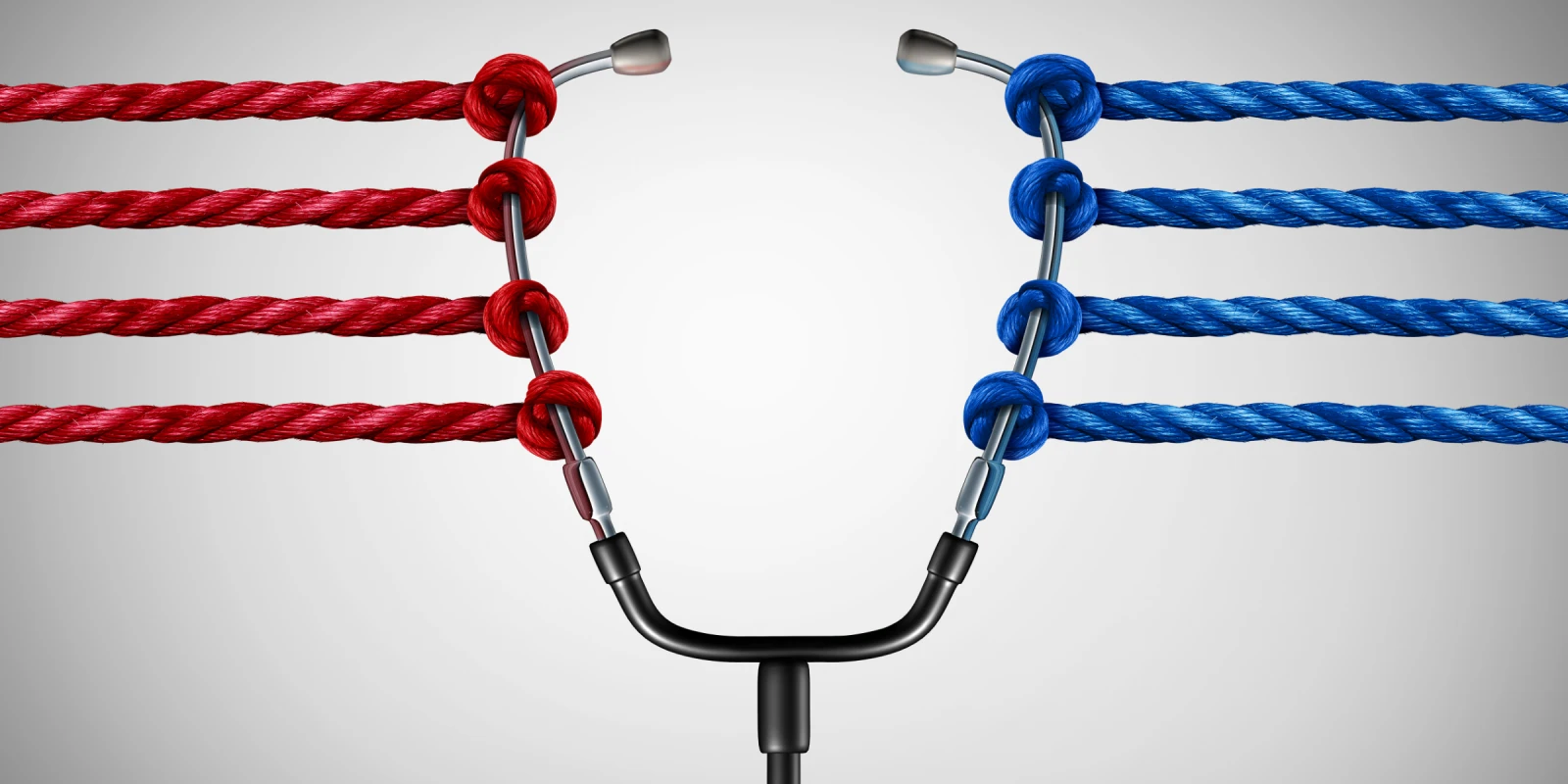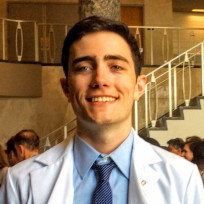
The COVID-19 pandemic has caused massive disruptions in the lives of almost everyone in the United States, and around the world. Health care workers, naturally, have in many ways borne the brunt of the danger and disruption, and it is heartwarming to see some of the spontaneous expressions of gratitude directed toward doctors, nurses, and other essential health care personnel in these trying times.
As a graduating fourth-year medical student, I haven’t yet been much involved in the response, and so I can only express my own thanks toward those who have. But like everyone else, I have been reading and thinking about how the country and the world should respond to this pandemic.
As with any crisis, there are two questions to answer regarding how we should react. The first is: What should we do right now to save lives and minimize the damage? People everywhere have been using their ingenuity and resources to answer this question and develop solutions, from manufacturing, distributing, and disinfecting PPE, to social distancing measures to slow the spread, to investigating potential pharmacotherapies, to attempting to develop a vaccine. Americans and people around the world have done and continue to do amazing work.
The second question to answer is: What changes should we make to the system going forward? What are the lessons we should take away from this experience? Many people are rightly concerned about making our health care system more resilient to future pandemics. The global response to COVID-19, despite the many success stories, certainly leaves room for improvements.
But not all of the changes that are being advocated in connection to the virus are solely related to making us more resilient. Many people see in this crisis an opportunity to make much-needed changes to our health care system, as well as to society at large.
Perhaps the best example of this impulse can be found in the perennial debate about health care reform. On the left, there are many arguing that the coronavirus shows once and for all that what America needs is a single-payer system. On the other hand, those on the right see in the pandemic evidence against the very same proposition.
I have no doubt that these writers genuinely believe that the pandemic provides evidence supporting their favored policy. The problem is that, for almost everyone, the lessons they want the nation to take away from this unprecedented situation happen to be the exact same thing they were advocating before the crisis began.
For liberals, the nationwide scale of the problem and its disproportionate effects on the disadvantaged prove that we need a centralized health system to coordinate responses and more comprehensive social welfare benefits. For libertarians, the slow and fumbling response of national and international organizations indicates that what we need is to reduce regulatory power at the federal level and reposition responsibility to state and local officials. The coronavirus proves that the WHO is needed more than ever, or that it has failed us utterly and should be defunded. Depending on your feelings about China, you can see either a country that selflessly shut down its economy to buy the rest of the world more time, or a corrupt government that covered things up and put the world at risk (and if you want to get a little further out there, you can believe the virus was engineered as a bioweapon by a malevolent government — though the government in question is up for grabs: blame the US or China, it’s up to you).
In many ways, the COVID-19 pandemic is a Rorschach test — when we look at it, what we see has more to do with who we are than what it is. To each of us, it seems to say: “You were right all along!” And in today’s polarized times, it’s somewhat inevitable that how we think the world should respond is dependent on what our viewpoint was before the crisis started.
But I think those of us who are concerned about rising polarization should try to resist this impulse. In the wake of a gigantic problem that hardly any of us predicted, we should be more willing than usual — not less — to say that maybe we were wrong. After all, if a once-in-a-lifetime event happens and you come out of it believing exactly the same things you believed before, and thinking about the world in exactly the same way, can you really say that you’ve learned anything?
Austin Reifel is a fourth-year medical student. He can be contacted on Twitter. Austin is a 2019–2020 Doximity Fellow.
Click here to see more perspectives on COVID-19 from the Doximity network.
Click here for up-to-date news about COVID-19 on Doximity.







